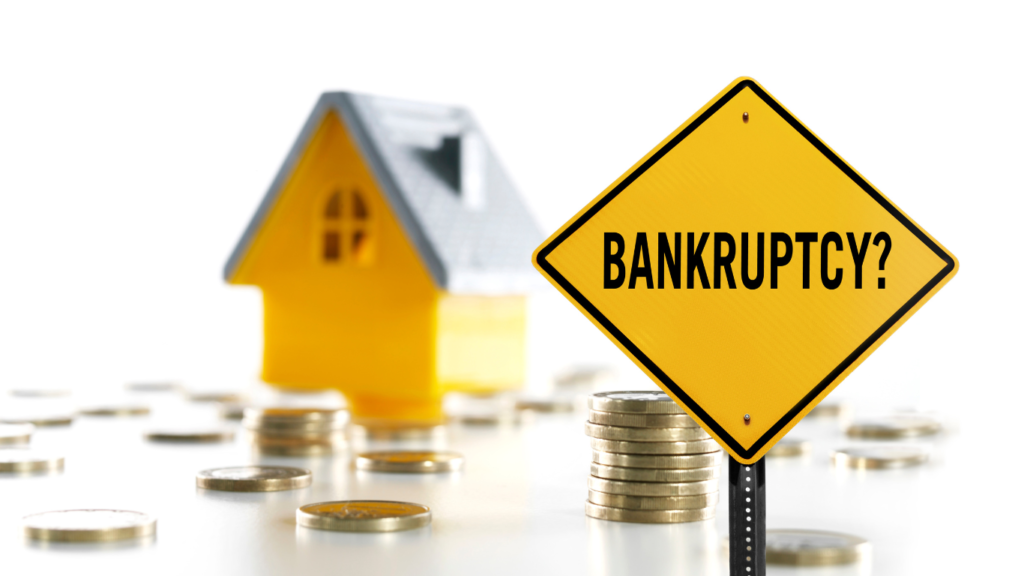Are you a homeowner in Pennsylvania facing foreclosure? If so, you may be feeling overwhelmed with a range of emotions, such as anxiety, confusion, and frustration. Losing your home can be terrifying, but you are not the only one who feels this way. Foreclosures affect thousands of Pennsylvania homeowners every year, but there are resources available to help you.
This blog post provides an overview of the foreclosure process in Pennsylvania, as well as some tips on how to protect yourself and your loved ones.
What is a Foreclosure, and How Does it Work in Pennsylvania?
Foreclosure occurs when a lender seeks to recover unpaid loan balances from a delinquent borrower. As a judicial state, Pennsylvania’s foreclosure process is handled by the court system. Federal law generally prohibits foreclosure until 120 days after you become past due on your mortgage payments. However, some exceptions apply.
How to Avoid Foreclosure
If you want to avoid the foreclosure process, you can do a few things. Your first step should be to contact your lender and request a payment plan. It is not uncommon for lenders to help out homeowners who are having difficulty if they come forward.
A HUD-approved housing counselor or foreclosure prevention specialist might also be able to help. By hiring a professional, you can better understand your options and devise an effective plan.
The Judicial Foreclosure Process in Pennsylvania
Pennsylvania law requires the lender to give the borrower a 30-day notice of intent to foreclose before officially starting the foreclosure process.
A judicial foreclosure starts when the lender files a lawsuit to get a court order to sell the property. By serving a summons and complaint, the lender gives notice of the suit. If the borrower doesn’t respond, the lender will ask for, and probably get, a default judgment, which will allow them to sell the house in foreclosure.
If the borrower chooses to defend the foreclosure lawsuit, the case will proceed to litigation. The lender may then request summary judgment on the grounds that the critical aspects of the case are undisputed. The judge will order the home sold at auction if the court grants summary judgment to the lender or if the borrower loses at trial.
Thirty days prior to the sale, notice of the foreclosure sale must be posted on the property, served on the borrower, and published in a newspaper once every week for three weeks, with the first publication occurring at least 21 days prior to the sale.
How to Stop or Delay Foreclosure
If you’re having a tough time making your mortgage payments, it may seem as though there is no way out of foreclosure. However, there are ways to avoid foreclosure even when it’s already begun.
Reinstate Your Loan
In Pennsylvania, reinstatement is allowed up to one hour before the bidding at the foreclosure sale, a maximum of three times per year.
Redeem Your Property
There are also some states that offer foreclosed borrowers a redemption period after the foreclosure sale, during which they can buy back their homes. However, in Pennsylvania, a redemption period does not exist after a sale has been completed.
File for Bankruptcy
Although bankruptcy is not ideal, it can protect you from foreclosure. When a bankruptcy is filed, the automatic stay prevents the lender from collecting a debt or foreclosing.
Sell Your Home
Selling your home may be an alternative for you if you’re facing foreclosure. The sale proceeds can be used to pay off your loan and prevent foreclosure.
What if Foreclosure is Inevitable?
Even if foreclosure is inevitable, its damage can still be minimized. Until the foreclosure is complete, you should stay in your house so you can have more time to find a new home.
If you are considering taking any action, you should also get legal advice. You can achieve the best outcome by understanding your rights and options with the help of an attorney.
The prospect of foreclosure is something no one wants to think about, but if it happens, it’s important to know what to do. When you understand how foreclosure works, learn about state laws, and know your options, you can make an informed decision.
What are the Consequences of Foreclosure?
Communities and homeowners can suffer adverse effects from foreclosures. After a foreclosure, homeowners with damaged credit scores may have difficulty finding new housing. Additionally, it can make it difficult for you to obtain a mortgage or rent an apartment. Foreclosures can also result in homelessness when there is no affordable housing available.
Foreclosures can also negatively impact communities. Property values can be reduced, and safety hazards can be created when vacant or abandoned homes are left unattended. As a result of criminal activity targeting vacant homes, crime rates increase.
Resources for Homeowners Facing Foreclosure in Pennsylvania
If you are facing foreclosure in Pennsylvania, several resources are available to you. The U.S. Department of Housing and Urban Development offers homeowners counseling and assistance to prevent foreclosure. You can also contact the PA Housing Finance Agency for additional guidance and resources.
Sell Your Home Fast & Avoid Foreclosure in Pennsylvania Today
It can be very stressful and difficult to go through the foreclosure process. Your credit could suffer severe consequences, and as a result, your financial future will be compromised. If you’re overwhelmed by the prospect of foreclosure, you can avoid it and restore your peace of mind by selling your home to your trusted Pennsylvania home buyer.
We buy houses in any condition at Favor Home Solutions and offer cash offers so you can get back on your feet ASAP. Get in touch with us today for more information about how we can assist you through this challenging time!


